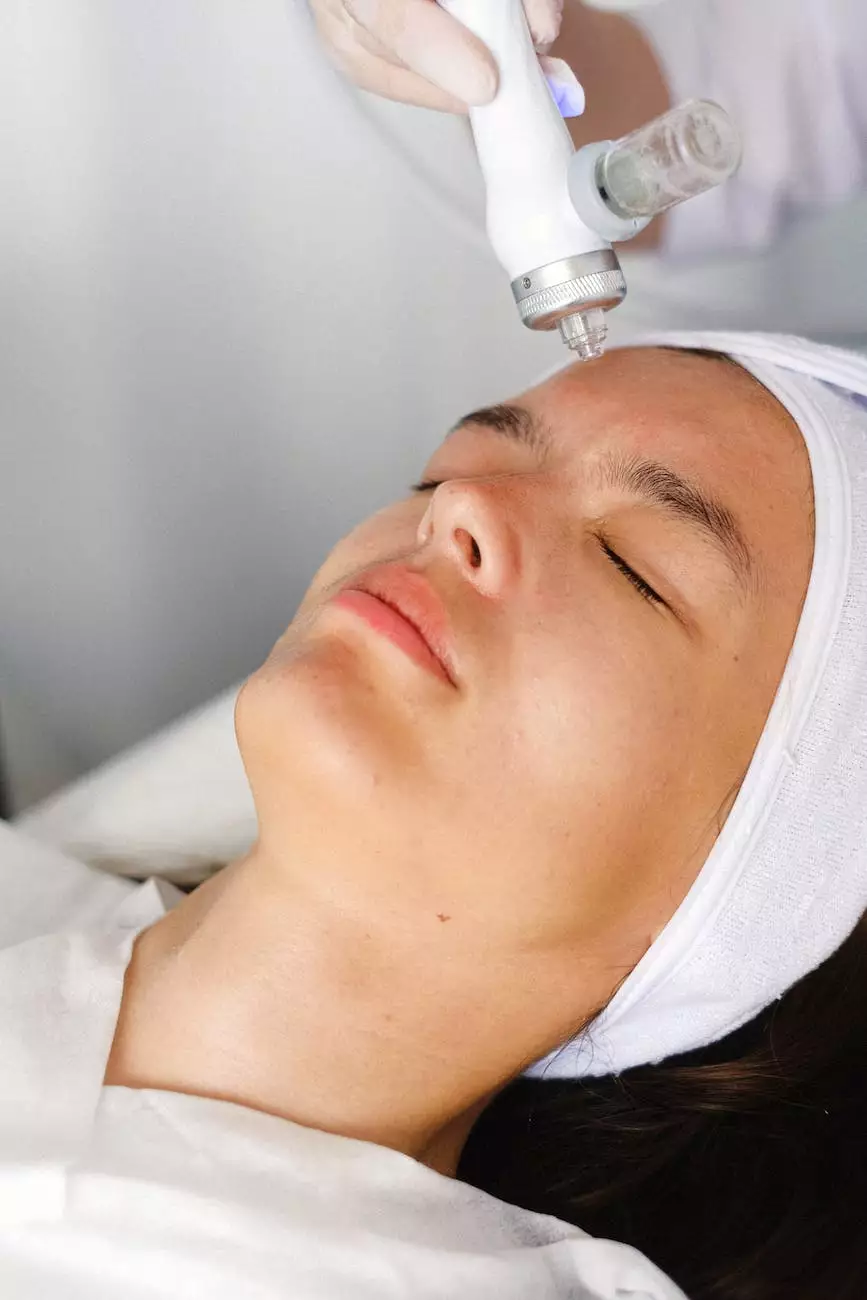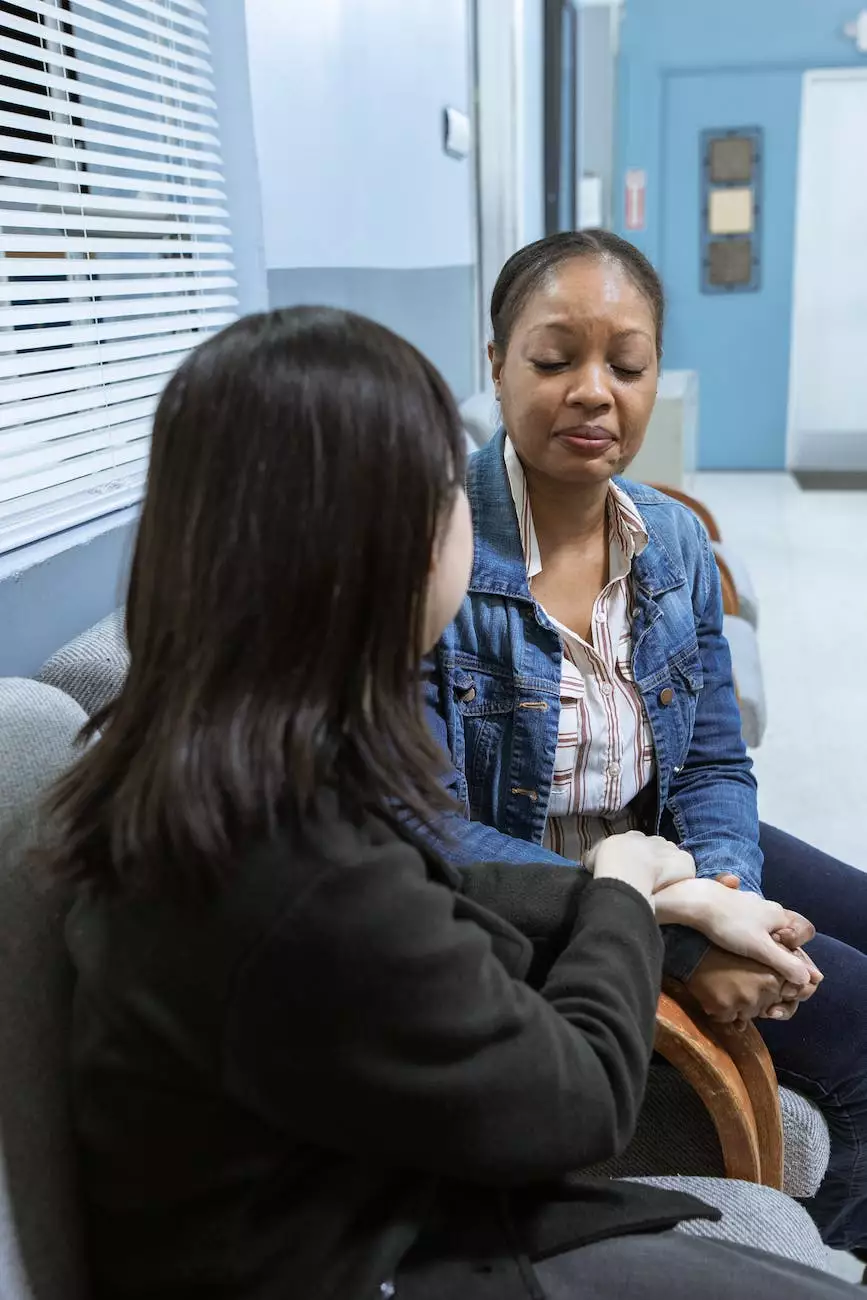Conversations As We Age: Understanding Urinary Incontinence
Aging & Long Term Care
Introduction
Welcome to Devoted Heart Adult Family Home, your trusted source for high-quality geriatric and aging care. In this comprehensive guide, we aim to explore the topic of urinary incontinence in the elderly in great detail. By understanding the causes, symptoms, and treatment options available, we hope to empower both caregivers and their loved ones in managing this common condition.
What is Urinary Incontinence?
Urinary incontinence refers to the involuntary leakage of urine. It is a prevalent condition among the elderly, impacting their quality of life. Many factors can contribute to the development of urinary incontinence, including age, muscle weakness, neurological disorders, and certain medical conditions.
Types of Urinary Incontinence
There are several types of urinary incontinence commonly observed in the elderly:
- Stress incontinence: This occurs when physical activities, such as coughing, laughing, sneezing, or exercising, exert pressure on the bladder and cause urine leakage.
- Urge incontinence: Also known as overactive bladder, this type involves a sudden and intense urge to urinate, often leading to involuntary urine leakage before reaching the toilet.
- Overflow incontinence: This occurs when the bladder doesn't fully empty, causing it to overflow and lead to frequent dribbling of urine. It is often associated with weak bladder muscles or blockages in the urinary tract.
- Functional incontinence: In this type, the individual has normal urinary control, but cannot reach the bathroom in time due to physical or cognitive limitations.
Causes and Risk Factors
Several factors can contribute to the development of urinary incontinence in the elderly. Some common causes include:
- Aging: As individuals age, their bladder muscles may weaken, reducing bladder capacity and control.
- Menopause: Hormonal changes during menopause can weaken the pelvic floor muscles, leading to urinary incontinence in women.
- Prostate issues: Enlarged prostate or prostate surgery can contribute to urinary incontinence in men.
- Neurological disorders: Conditions such as stroke, Parkinson's disease, or multiple sclerosis can affect nerve signals between the brain and bladder, causing urinary incontinence.
- Urinary tract infections (UTIs): Infections in the urinary tract can lead to temporary urinary incontinence.
Symptoms and Impacts
The symptoms of urinary incontinence vary depending on the type and underlying cause. Some common signs to look out for include:
- Uncontrolled leakage of urine
- Frequent urination
- Strong and sudden urge to urinate
- Waking up multiple times at night to urinate (nocturia)
- Urinary tract infections (UTIs)
Urinary incontinence can have various impacts on the elderly, affecting their physical, emotional, and social well-being. It can lead to feelings of embarrassment, anxiety, and isolation. However, it's important to note that with proper understanding and management, individuals can regain control over their lives.
Treatment and Management Options
Devoted Heart Adult Family Home offers specialized care for individuals experiencing urinary incontinence. Our dedicated team provides comprehensive treatment and management options tailored to each resident's unique needs. Some approaches include:
- Lifestyle modifications: Implementing changes in diet, fluid intake, and physical activity to improve bladder control.
- Pelvic floor exercises (Kegel exercises): Strengthening the muscles that support the bladder and urethra through specific exercises.
- Medications: Prescribing medications to relax the bladder muscles or reduce inflammation.
- Medical devices: Recommending the use of devices like bladder control pads or external catheters to manage leakage.
- Surgical interventions: In more severe cases, surgical procedures may be considered to improve bladder function.
At Devoted Heart Adult Family Home, we believe that open conversations, comprehensive evaluations, and personalized care plans are crucial in managing urinary incontinence effectively.
Conclusion
Urinary incontinence in the elderly is a common condition that can significantly impact their quality of life. By understanding the causes, symptoms, and available treatment options, we can work together to empower individuals and their caregivers in managing this condition. At Devoted Heart Adult Family Home, we are committed to providing compassionate and specialized geriatric and aging care. Contact us today to learn more about our services.










